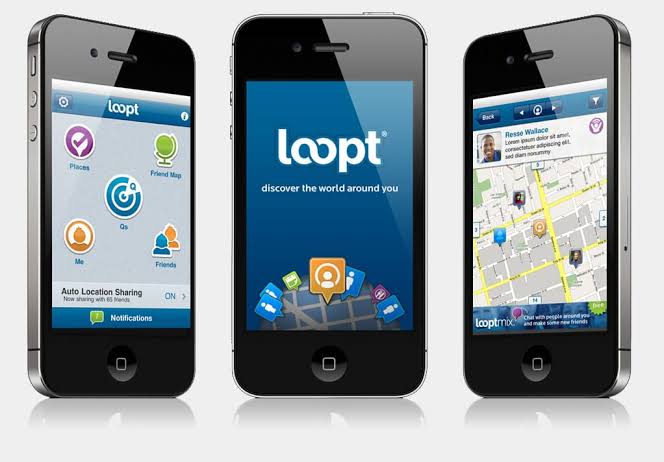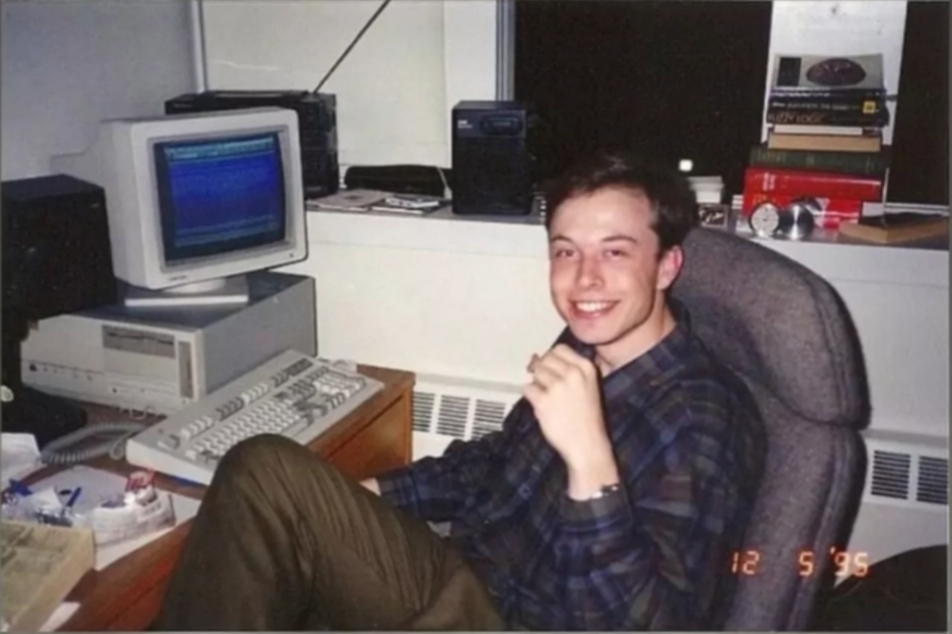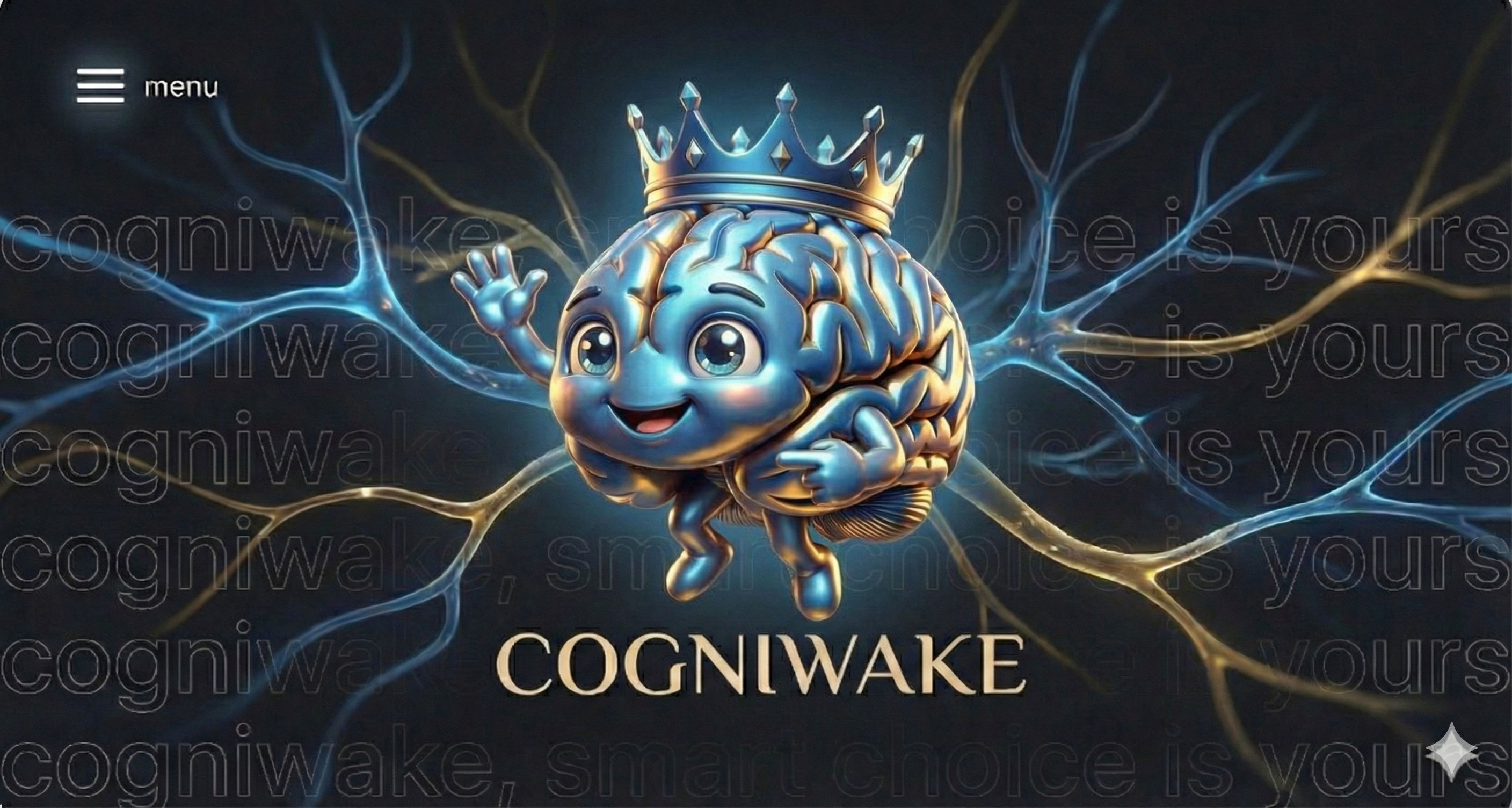Back
Account Deleted
Hey I am on Medial • 9m
Growing up as a gay teenager in the conservative Midwest, Altman experienced the pressures of not fitting in. He once shared that coming out wasn't easy, especially during a time and in a place where LGBTQ+ identity wasn't openly accepted. These internal struggles forged a quiet resilience and independence in him, shaping how he would later face challenges in the business world. After enrolling at Stanford University to study computer science, he dropped out after just two years to follow his entrepreneurial dreams—something that brought both opportunity and immense pressure. At just 19, he co-founded Loopt, a location-based social networking app that was ahead of its time. Although it raised over $30 million, Loopt struggled to find a product-market fit. The startup eventually failed to gain mass adoption and was sold for a modest $43 million—a small exit by Silicon Valley standards. Sam later admitted that Loopt didn't have a clear vision and that he learned more from that failure than from any success. This period was emotionally taxing. He had to confront imposter syndrome, investor doubts, and the creeping fear of being a one-hit wonder—or worse, a failed founder. He pushed forward quietly, learning from each misstep. But it was during this reflective phase that his career took a pivotal turn. In 2014, he was appointed President of Y Combinator, one of the world's most prestigious startup accelerators. Under his leadership, YC grew immensely, funding companies like Airbnb, Dropbox, and Stripe. Sam's journey wasn't defined by overnight success—it was melded by early emotional isolation, startup setbacks, and personal introspection. These struggles didn't break him; they built the philosophical, bold, and calm leader who would later help reshape the future of artificial intelligence as the CEO of OpenAI.

Replies (3)
More like this
Recommendations from Medial
TheLuhas
Never take anyone as... • 1y
Richard Feynman was a brilliant physicist, but he faced many challenges. His unique way of thinking didn't always fit with the traditional academic world, causing difficulties in his career. Despite these struggles, he made significant contributions
See More
Suman solopreneur
Exploring peace of m... • 1y
Sitting at a dealership, Ravi eyed a high-end vehicle of his dreams. Though he understood in his heart that it came with invisible chains—monthly payments and stress—he was able to afford it on paper. One lesson he remembered was that you can't
See Moreɢᴏᴅꜱᴜɴ•
Happiness is a state... • 2y
After arriving in India, Jobs realised that he had underestimated the poverty in the country, making his journey more arduous that he could have thought, but it was his time with Neem Karoli Baba, famously known as the reincarnation of the monkey God
See MoreSuman solopreneur
Exploring peace of m... • 1y
Ravi, 32, was seated at his desk, feeling pressured by a challenging deadline. As the stress increased, he sensed his anxiety grow, thinking, “I won’t be able to complete it on time.” His thoughts sped with negativity, rendering the task seem unachie
See MoreSuman solopreneur
Exploring peace of m... • 1y
Ravi was always envious of others who were successful and blamed "luck" for his difficulties. He realised one day after reading " The Millionaire Fastlane " that methods and persistent effort, not chance, were the source of prosperity. He came t
See MoreCEO Dr Abhishek Bhatt
World wide daily new... • 1y
Once upon a time, in the bustling city of Delhi, there was a man named Dr. Abhishek Bhatt. Not only was he a CEO of a successful company, but he was also a PhD history gold medalist from Delhi University. His intellect and wit were unmatched, making
See MoreSourav Kumar Sahoo
•
AMIGOS ESPORTS • 1y
A few days ago we were looking for a gfx designer. I asked him for his samples and he gave me some. His price was 2000 rupees for a logo. One of my colleague also asked another designer for samples and when I saw them, the designs were exactly the s
See MoreDownload the medial app to read full posts, comements and news.


















/entrackr/media/post_attachments/wp-content/uploads/2021/08/Accel-1.jpg)


















